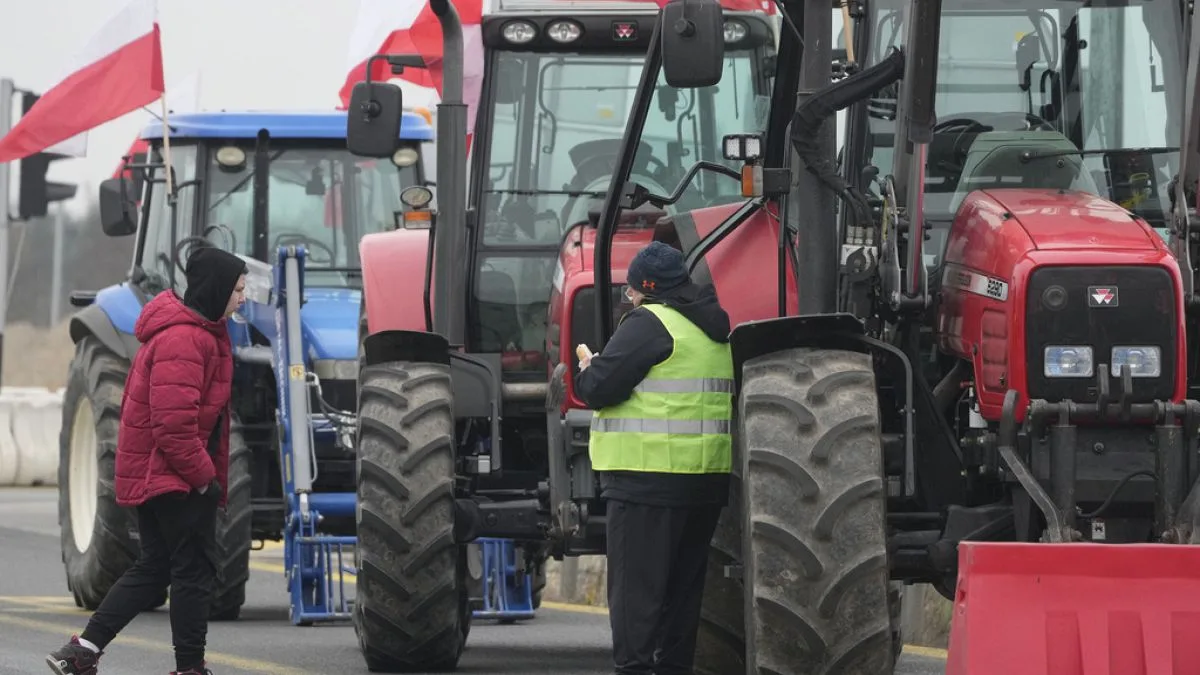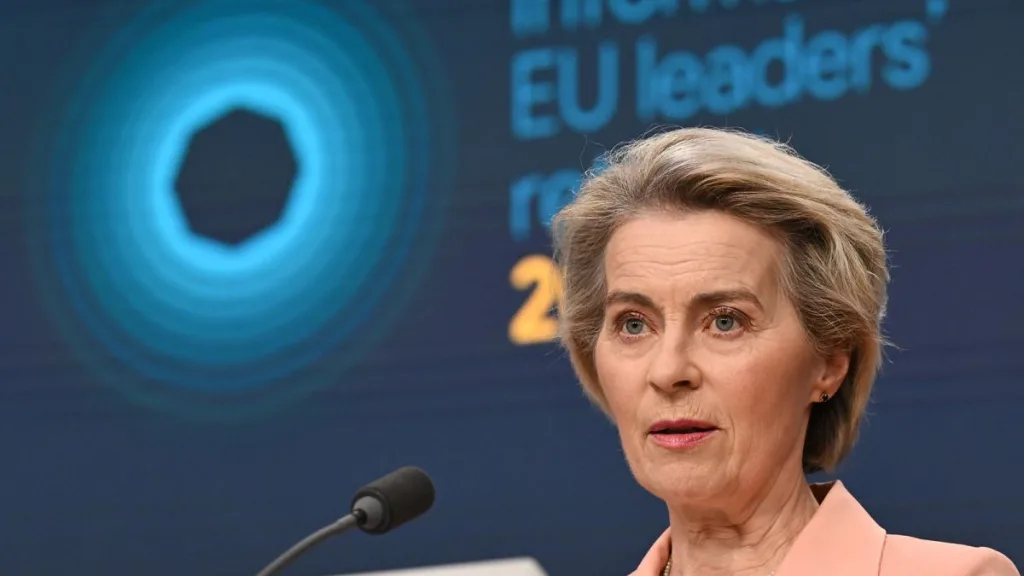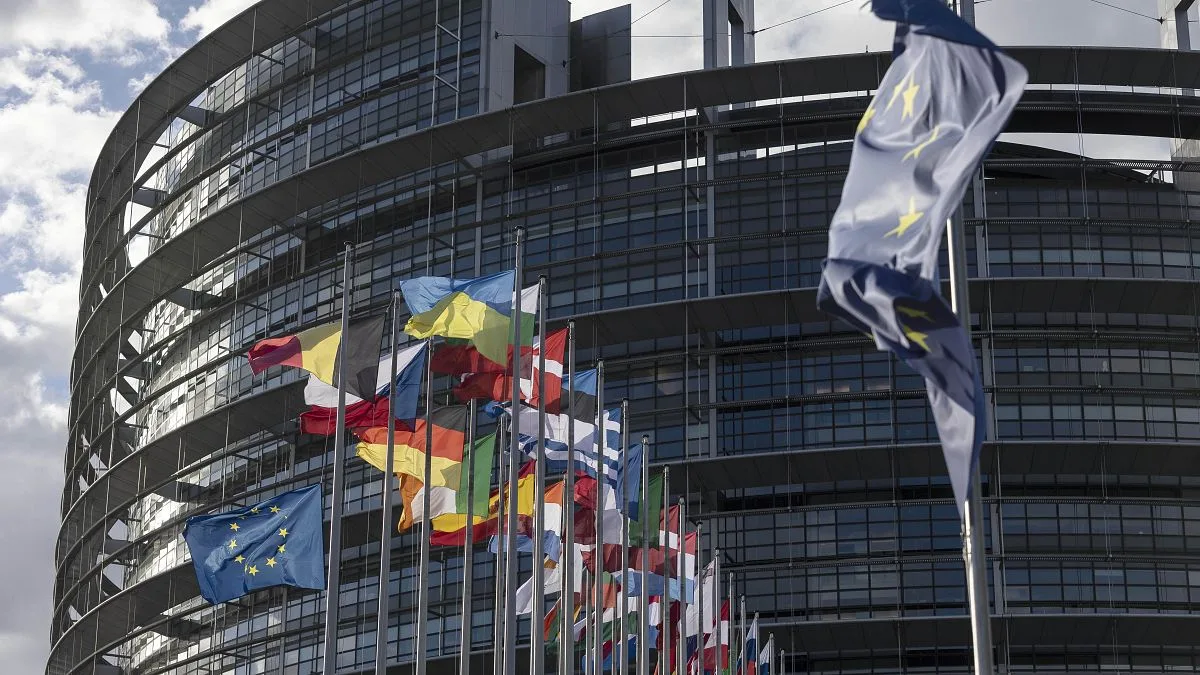As the year draws to a close, Poland’s Ministry of Agriculture has voiced its concerns regarding the Mercosur trade agreement, a move likely to resonate with France, a prominent opponent of the deal.
The Polish Ministry of Agriculture articulated serious concerns about the potential implications of the European Commission’s negotiations with the Mercosur countries. Specifically, it warned that the agreement might jeopardize Poland’s agricultural sector, particularly its poultry industry.
In its statement, the ministry emphasized, “We have severe reservations about the European Commission’s negotiations outcomes with Mercosur,” highlighting the risk to local farmers from increased poultry imports.
While the Mercosur deal promises benefits for various sectors such as industrial production, maritime transport, and services, the ministry cautioned that the repercussions on Poland’s meat industry and other agricultural products could be damaging. They fear that the poultry import quotas stipulated under the deal will have detrimental effects on Polish poultry farmers.
This agreement seeks to establish a free trade zone between the European Union and several Latin American countries, including Argentina, Brazil, Paraguay, and Uruguay, by reducing trade barriers like tariffs. A key point of contention involves the proposed importation of 180,000 tonnes of poultry into the European market, a figure that corresponds to about 1.4% of the EU’s total annual poultry production, according to the Polish Ministry.
Though the current negotiations include a mechanism that would trigger a warning system in the event of market imbalance due to excessive imports from Latin America, the Polish ministry criticized this approach as inadequate for protecting the agricultural sector. They expressed doubts about the practical activation of such measures at the EU level.
This public statement from Poland aligns with France’s ongoing opposition to the Mercosur agreement. Following recent negotiations, which took place in early October, France has been actively rallying support from other EU member states against the deal. The French farming community is particularly worried about the influx of competition from Mercosur products, leading to planned demonstrations across France this week. French Prime Minister Michel Barnier is expected to urge EU Trade Commissioner Vladis Dombrovskis to reconsider moving forward with the agreement.
Additionally, environmental advocates are pressing for the inclusion of stringent ecological standards in the agreement, advocating for regulations aimed at preventing deforestation. Current discussions are revolving around integrating a clause that would allow the deal to be suspended if either party fails to uphold the Paris Agreement on climate change—a stipulation the EU is keen to have incorporated.
As the negotiations approach a critical point, both the Mercosur nations and the European Commission are aiming to finalize the trade agreement early in December during forthcoming talks in Uruguay.
Photo credit & article inspired by: Euronews



